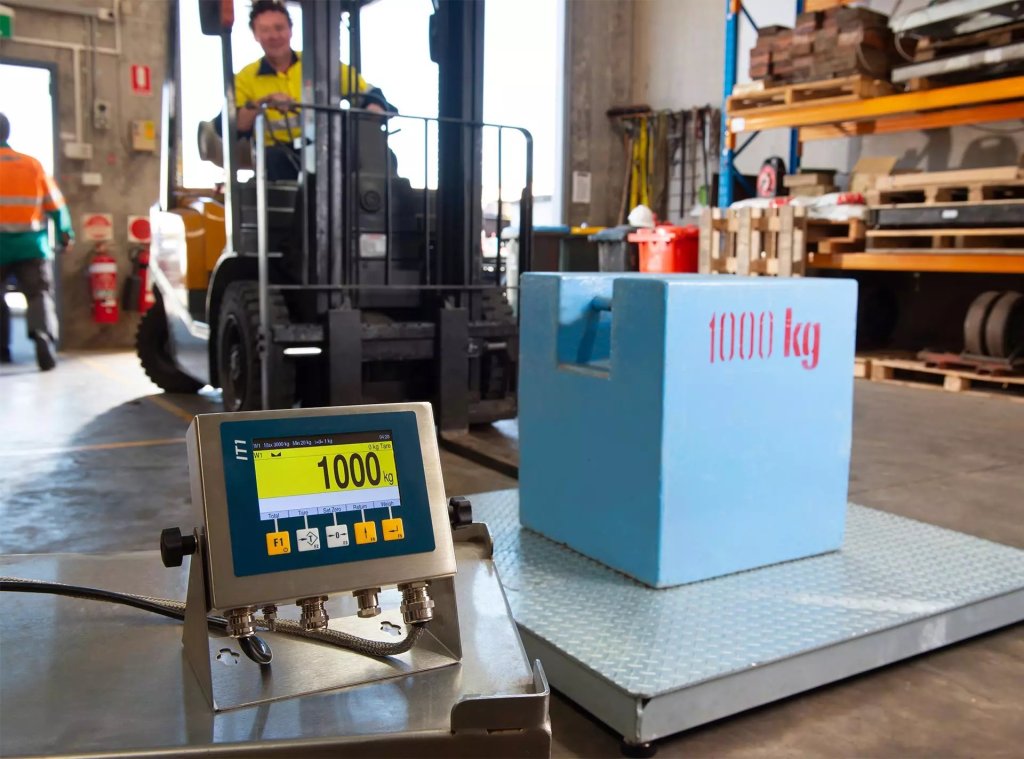In a world where customers demand solutions to their problems in the click of a button, 24/7, 365 days a year, customer expectation is now driving the demand for exceptional customer service more than ever before.
As a result, 2017 saw the rapid rise of contactless and mobile payments, as well as a boom in machine learning touching on the use of artificial intelligence (AI) to support efficient business processes.
Here, we explore three technologies we believe will have significant impact on the customer experience and why small businesses should take note.
Artificial Intelligence Agents
The smart technology behind AI can enable small businesses to utilise large amounts of data to not only perform multiple, repeated tasks efficiently but also to enrich and personalise interactions with customers.
In addition to improving customer service and loyalty, effective use of AI tools will also add value to your sales and marketing teams, by providing greater insight into target audience purchasing patterns and characteristics of prospective customers.
It would be difficult to come across a company today that doesn’t take advantage of AI agents. In fact, according to research from Pegasystems, 100% of top performing companies are currently using AI to interact and engage with their customers. (Forbes, 2017)
Contactless and Mobile Payments
Both businesses and consumers are always on the lookout for ways to save time – and going contactless saves around seven seconds per transaction (Pub and Bar, 2017)! It also eliminates the added step of entering a chip and pin number or looking for your wallet at the till – working to meet the demands of an increasingly fast-paced lifestyle where convenience and ease remain top priorities.
Whilst more than 60% of staffed card terminals in shops already accept contactless payment, nowadays consumers don’t even need to carry their credit/debit card when they shop. As, thanks to the ever-growing popularity of near-field communication (NFC), mobile phone apps like Apple Pay and Zapper are able to make cashless payments even simpler.
Electronic Point of Sale (EPoS) Systems
Already hugely popular in the retail and hospitality sectors, EPoS systems are computerised systems, made up of both hardware and software, that are designed to help owners run their businesses more efficiently. And they do this either by being integrated within or used wholly as a business’ till point, and digitally managing stock levels and customer transactions with real-time data.
It will depend on which model of EPoS you’re looking at, but some systems will also allow owners to set up alerts to notify them when stock is low, automate purchase orders, and keep records of customer purchase history. It’s a great way to manage inventory, and structure customer data so you can easily tailor your offering to their needs.
Therefore, it’s clear to see in today’s constantly evolving landscape consumers expect more from the businesses and brands they love. As a result, we’re witnessing a shift in how businesses use these technologies to treat their customers to achieve long-term success and drive loyalty.
Technology will always be here to stay and evolve and so it’s crucial for businesses to harness the benefits in delivering the best customer experience possible.
Rob Straathof is CEO at Liberis, the leading alternative finance provider, offering a better way to finance UK small businesses








